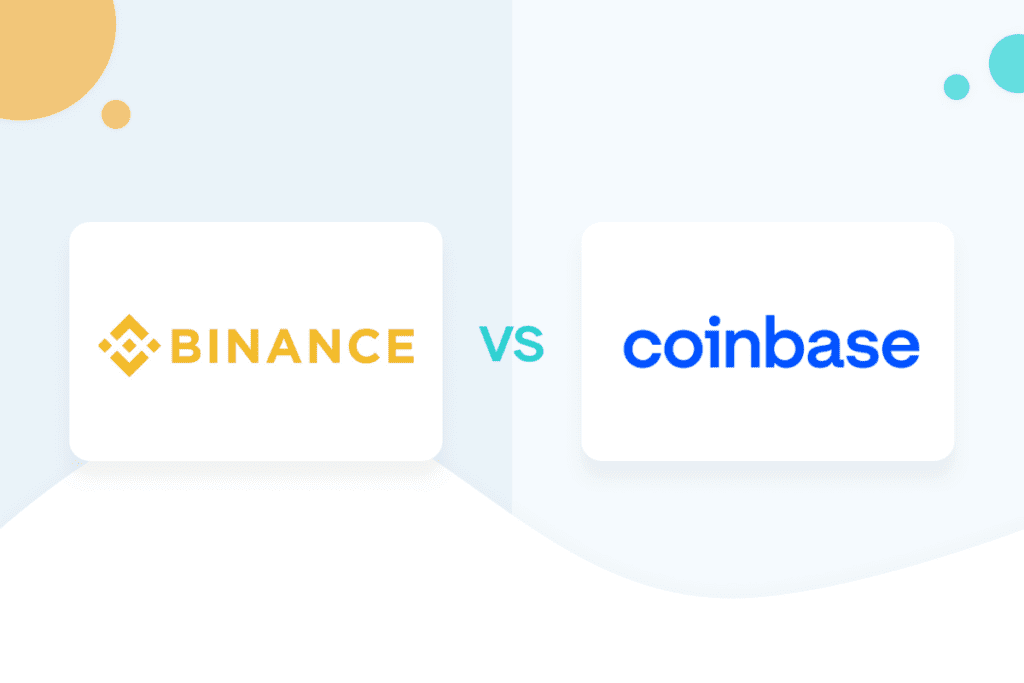
Binance and Coinbase are the two largest cryptocurrency exchanges in the entire world, and while neither of them are Canadian-based, they both offer trading options for Canadians. By trading volume, Binance holds the top spot executing 1.4 million transactions per second and $85 billion US per day. But bigger doesn't always mean better. So, Binance vs. Coinbase? Which one should Canadians pick?
Both Binance and Coinbase have some limitations when it comes to Canadian traders. Due to regulatory issues, Binance is not available in Ontario, and neither platforms allow you to fund your account with Canadian dollars. Still, many Canadians are interested in trading on the platforms due to their global reputations, range of functionalities and access to more altcoins. If you're interested in trading on one of these two platforms, then it's essential that you're aware of how they compare to each other and what they offer to Canadians so you can make an educated decision.
1. Binance vs. Coinbase: overall platform quality
Before getting into the nitty-gritty, let's look at the overall quality of both the Binance and Coinbase platforms for Canadians.
Binance is a complex and advanced cryptocurrency trading platform. It's not super user-friendly and can be overwhelming for beginner traders. It takes some time to get used to the layout and how the platform works, but once you're familiar with it, there are many beneficial functionalities for advanced traders and access to real-time data.
Coinbase is better for beginners. It has much better UX than Binance and is incredibly user-friendly, making it straightforward for traders of all experience levels. They also have Coinbase Pro, which is more similar to the standard Binance interface and has more advanced trading features. That said, Canadians cannot purchase cryptocurrency on Coinbase Pro using Canadian Dollars, so it's unlikely you would use it unless you want to trade crypto to crypto.
Both Binance and Coinbase have desktop and mobile app versions, so you have flexibility in how you want to purchase your cryptocurrency. Coinbase definitely takes the lead for simplicity on both the desktop and mobile app versions. Binance provides so much information that it can be hard to digest if you don't know what you're looking at.
2. Binance vs. Coinbase: accessibility
Since we are talking specifically about the two platforms for Canadian users, it's essential to understand the accessibility of trading features based on your location. Both Binance and Coinbase have limitations for Canadians, preventing us from trading as freely as some of the other best cryptocurrency platforms in Canada.
Neither platform supports Interac e-Transfer, nor can you link a Canadian bank account or fund your account with Canadian Dollars. Another thing to note is that Binance is no longer available for users in Ontario due to regulatory issues. With almost 40% of the entire population of Canada living in Ontario, this is a huge downside.
There are many limits for Canadians wanting to purchase crypto on Binance. You cannot fund your account with Canadian Dollars or link to a Canadian bank account. The only way to buy cryptocurrency is by purchasing it using a debit/credit card or another form of fiat currency. You can also deposit cryptocurrency from an external platform or wallet.
Canadian funds
Additionally, it can be quite complicated when you're ready to sell your digital tokens, especially if you have altcoins. You cannot withdraw your funds to Canadian Dollars on Binance and instead need to jump through some hoops to sell your cryptocurrency. The first option is to transfer your cryptocurrency to another exchange that does allow you to sell to CAD.
The second option is to sell your cryptocurrency on the Binance P2P marketplace. This peer-to-peer exchange allows you to sell your digital tokens to other users using any payment method you want, including Interac e-Transfer. That said, the only currencies supported by the P2P exchange are Bitcoi (BTC), Binance USD (BUSD), DAI, Binance Coin (BNB), Ehtereum (ETH) and Tether (USDT). That means you'll have to exchange any of your altcoins for one of these currencies first before you can trade.
Sound complicated? Well, Coinbase doesn't make it much easier. The only way to purchase cryptocurrency on Coinbase is by using a debit card. They no longer accept credit card purchases due to the number of Canadian banks blocking cryptocurrency transactions. And while you can purchase with a debit card, you cannot withdraw to your debit card. Coinbase offers only two withdrawal options for Canadians. You can either move your coins to an external wallet or exchange wallet or withdraw to PayPal.
Coinbase also has low trading limits. This means that you can't just buy cryptocurrency as you want. Your purchases are capped at around $400 worth of crypto a week.
3. Security
Binance and Coinbase both have comprehensive security features that keep your assets safe, but there are a few differences between the two.
Binance has pretty relaxed requirements for signing up without any intense verification process. While that isn't necessarily a risk for your personal account, it leaves the platform more open to risk in general, such as money laundering. In 2018, some security incidents occurred when someone tried to hack into the Binance system, but they were unsuccessful. Fast forward to May 2019, and Binance was successfully hacked into, and 7000 Bitcoin was stolen. Luckily they had insurance that covered those losses.
Binance isn't quite as transparent about its security features when you compare cryptocurrency exchanges. Still, they are the world's largest crypto trading platform by volume, so obviously, there is a lot of trust in their security.
Coinbase seems to have better security features than Binance, but that could be because there is more transparency and clarity around how they protect your assets. 98% of all cryptocurrency assets are kept in cold storage, and the rest are fully insured in the event of a breach. Additionally, they use encryption to protect user data and have a more thorough sign-up and verification process.
On the user level, both platforms use 2-factor authentication to help you protect your account, and you can choose to use SMS, email or an authenticator app.
4. Binance vs. Coinbase: fees
The fee structures of cryptocurrency platforms are often the first thing users look at when choosing an exchange. You want to know exactly how much of your investment you'll lose on fees and identify how you can get the best rate. While fees shouldn't be the sole basis for your platform decision, they should play a significant role. This is especially true when it comes to Binance vs Coinbase.
Binance does not allow you to fund your account using CAD, so you don't need to worry about any deposit fees since you won't be depositing money. Instead, you will need to purchase crypto using a credit or debit card, which may incur a transaction fee plus any fees charged by your credit card company. But the trading fees are extremely low, with the maximum being only 0.1%. The fee will fluctuate based on your trading volume and how much of the Binance token, BNB, you hold. If you have BNB, you can use that to cover your trading fees and get a 25% discount. Your trading fees will also be based on trading volume over the last 30 days, and if your volume is high, you will get a further discount.
You will also pay a flat rate fee to withdraw cryptocurrency from Binance into an external wallet which will depend on what type of cryptocurrency you are transferring. Something else to note is that you will not have to pay a fee to sell your crypto since the only way to do so is through the P2P exchange.
Coinbase is notorious for having very high fees. Canadians can only purchase crypto with a debit card and are subject to a 3.99% fee when purchasing digital tokens. That fee is on top of the spread you already need to account for when buying and selling cryptocurrency. The fees that Coinbase charges far exceed most other cryptocurrency trading platforms and can quickly eat away at your investments. Between Binance and Coinbase, there is no competition regarding the best fee structure for Canadians. Binance definitely comes out on top in this category.
5. Cryptocurrency assets
If you're only interested in trading BTC, you may not care about the range of cryptocurrency tokens available on each platform. But others might love experimenting with trading new cryptocurrency projects and altcoins. Binance allows you to trade over 300 different altcoins, with their Launchpad feature also giving you first access to new coins. Coinbase gives you access to around 50 or so coins currently. Even though Binance has so many more,
Coinbase offers the most popular coins, so it may not make a difference if you're a beginner trader. The digital assets available on Coinbase vary based on the country you're in, so users in the United States have access to more.
Here are some of the coins you can purchase on each platform:
Binance |
Coinbase |
|
|
6. Binance vs. Coinbase: extra features
On top of the basic buying and selling of cryptocurrencies, both Binance and Coinbase offer some extra features that Canadians might find interesting. Binance may look overwhelming at first, but that's because it has so many functionalities and features. If you're someone who wants to get deep into the world of cryptocurrency, or you're looking for a platform that caters to experienced traders, then Binance is that. Binance has an NFT marketplace, multiple trading interfaces and in-depth technical analysis charts which provide real-time data. The three modes are Convert, Classic, and Advanced, and you can set up limit orders.
Binance also has margin trading options, so you can trade using leverage or borrowed funds. There is more risk associated with this, but that could be a feature you're looking for. Binance also has a feature called The Binance Launchpad, which gives all users access to new, emerging cryptocurrency projects helping to support the ecosystem overall.
Coinbase has a simpler interface with extra features that Canadians can use. There's the option to set up recurring buys on the platform, which will automatically purchase cryptocurrency tokens at intervals set by you. It's great for those who don't want to spend too much time thinking about their investments and instead just want to leave it and let it slowly grow over time.
They also have a fantastic feature called Learn to Earn, where you can earn free cryptocurrency tokens by taking advantage of their online crypto resources. Watch video tutorials to learn about different tokens and then answer a short quiz at the end. If the answers are correct, you'll get free crypto!
Binance vs. Coinbase – which one should Canadians pick?
So, should you pick Binance or Coinbase? The clear winner here for Canadians is Binance. Based on the fee structure alone you will save a ton of money by trading with Binance, especially if you plan to have a high trading volume. With such a large bank of altcoins, you have more flexibility in what you purchase, and if you're a more experienced trader, then you'll love the advanced features that Binance offers. But if you're in Ontario, then Binance will not be an option for you. But that doesn't necessarily mean that Coinbase is the way to go. Coinbase does have the learn to earn feature, where you can get free cryptocurrency, but it still won't be enough to cover the fees.
Binance and Coinbase are both pretty limited when it comes to purchasing and selling cryptocurrency using Canadian Dollars. You'll pay unnecessary fees for card transactions and have to jump through hoops to withdraw your funds. In general, Canadians are better off going with a Canadian-based exchange like Newton, Netcoins, NDAX or Shakepay, which are set up to cater to Canadian traders.


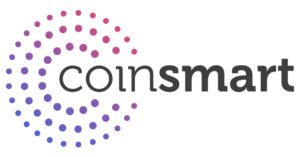





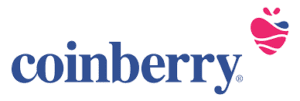


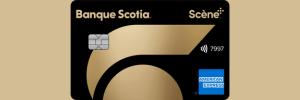



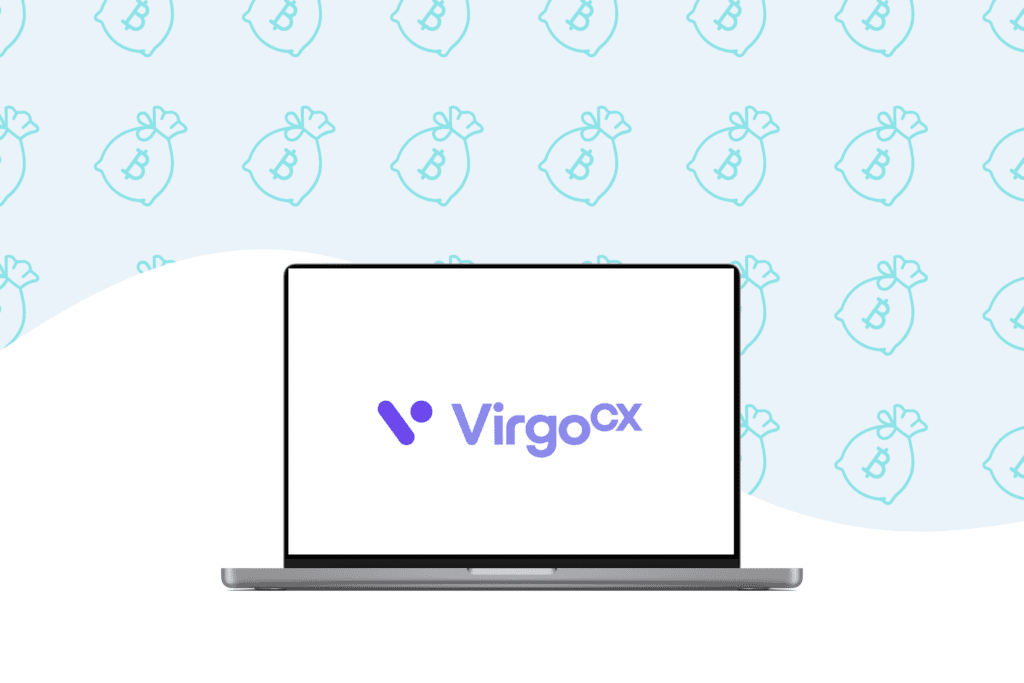




About The Author: Arthur Dubois
Passionate about personal finance and financial technology, Arthur Dubois is a writer and SEO specialist at Hardbacon. Since his arrival in Canada, he’s built his credit score from nothing.
Arthur invests in the stock market but doesn’t pay any fees because he uses National Bank Direct Brokerage online broker and Wealthsimple’s robo-advisor. He pays for his subscriptions online with his KOHO prepaid card, and uses his Tangerine credit card for most of his in-store purchases. When he buys bitcoins, it’s with the BitBuy online platform. Of course it goes without saying that he uses the Hardbacon app so that he can manage all of his finances from one convenient place.
More posts by Arthur Dubois